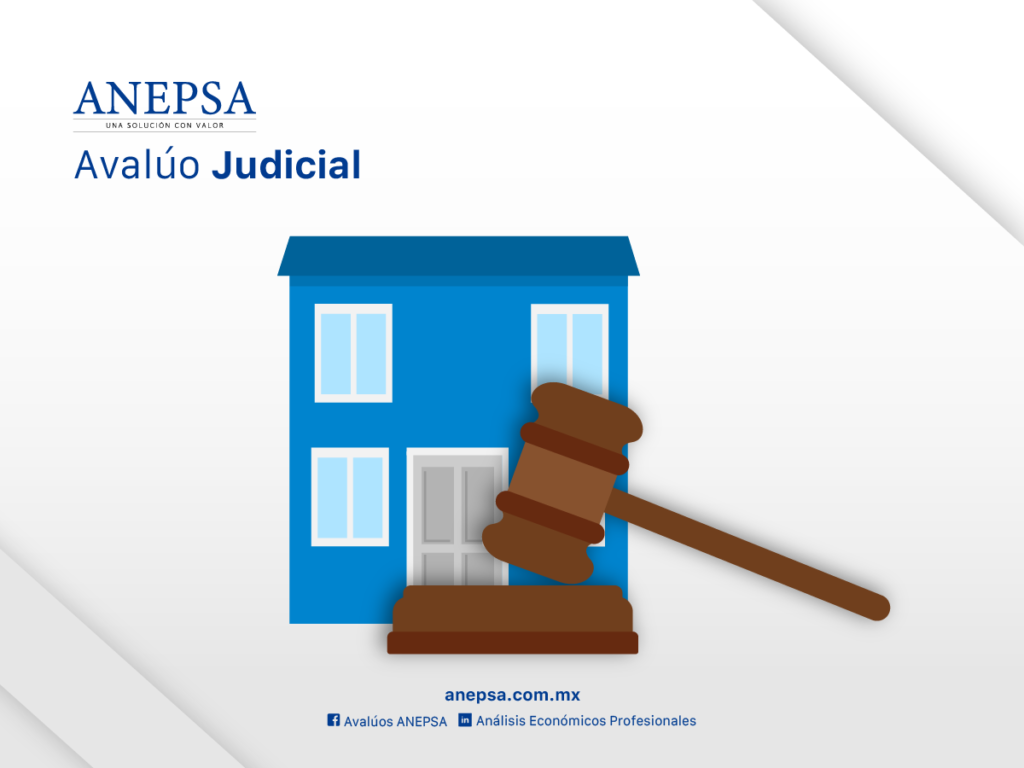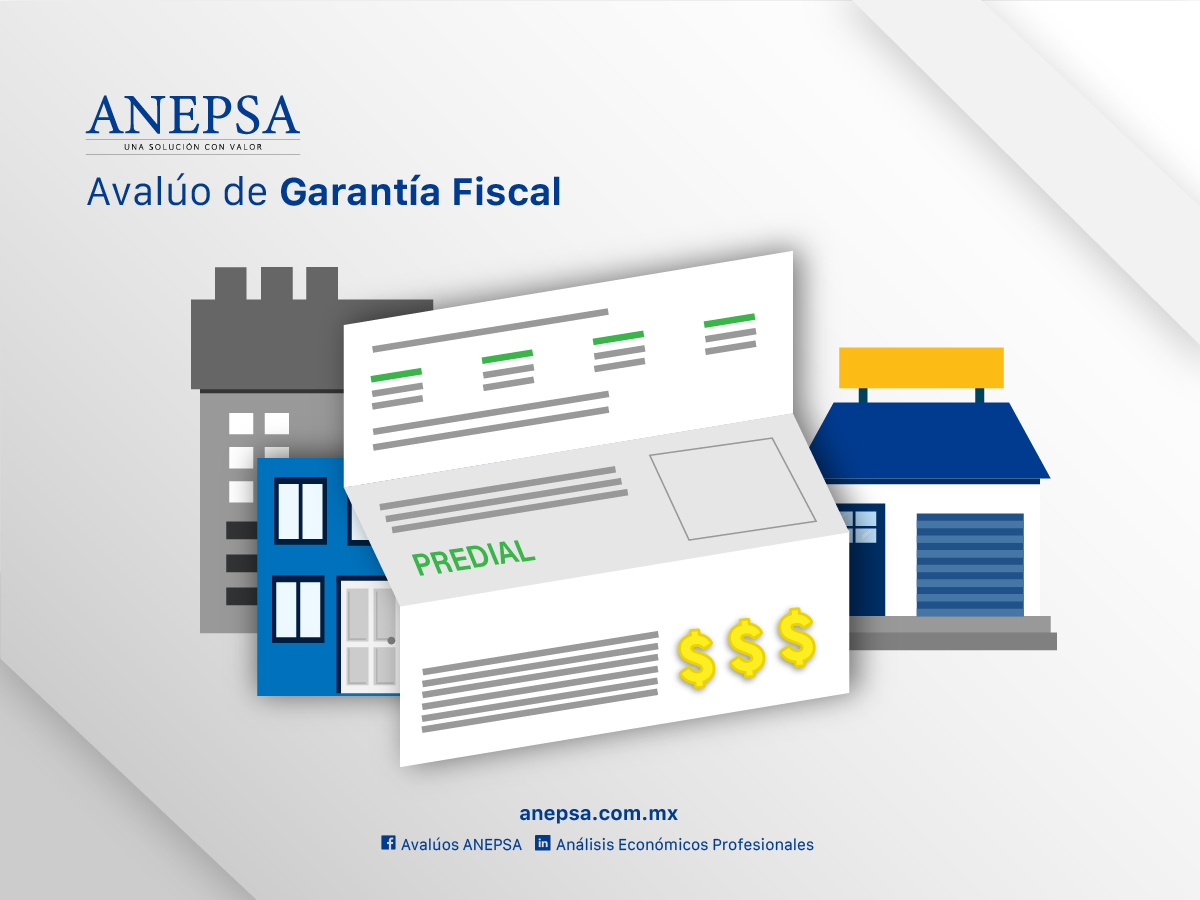Judicial Appraisal

content structure
What are judicial appraisals?
Judicial appraisals are used to determine the fair value of a property that is in court or another type of judicial controversy., based on its physical characteristics and the state of the current real estate market.
They are evaluations or appraisals carried out by real estate or property experts in order to determine the fair or estimated value of a property in the context of a judicial process, these appraisals are carried out when it is necessary to determine the value of a property in dispute. or in connection with a legal dispute.
When is an appraisal for trial necessary?
Judicial appraisals are necessary mainly in:
- Marital Dissolutions
- Dissolutions of Companies
- Tenant lawsuits with tenants
- Lawsuits Regarding Property Damage
- Foreclosures
- Company Liquidations, Mergers and Bankruptcies
- Guarantee for Deposit in Deposit
- Trials of Intestate, Probate
- Civil Trials
- Commercial Trials
These appraisals may be required by a judge in the following cases:
Expert witness by default for the defendant or both parties:
One of the parties does not present their expert appraiser, the charge has not been accepted and protested, nor has the required appraisal been presented within the indicated period of time.
third in discord:
The results of the appraisals carried out by each of the parties present a very wide difference in value.
Judicial appraisals are used in various legal situations, such as in cases of inheritance, divorce, expropriation, property disputes, bankruptcies, or any other type of conflict where the value of a property is a relevant factor, such appraisals are made in accordance with the procedures and standards established by the legislation and judicial system of the corresponding country.
Who performs the judicial appraisals?
Judicial appraisals must be carried out by a Valuation Expert enrolled in the lists of the Judicial Branch of the Federation and in the Superior Court of Justice of Mexico City.
The experts or experts in charge to carry out judicial appraisals They must have specialized knowledge in real estate valuation, and their primary objective is to provide an objective and unbiased report on the value of the property in question, the appraisal report can be used by judges and attorneys involved in the case as a tool to make fair and equitable decisions based on the real value of the property.

Judicial appraisal process
The process of a judicial appraisal can vary depending on the country and the specific legal system, but in general, it generally follows the following steps:
- Appointment of the expert: In a judicial process, the judge or the competent authority appoints an expert or appraisal expert to carry out the valuation of the disputed property, this expert must be impartial and have specialized knowledge in real estate valuation.
- Information gathering: The expert collects all the relevant information about the property that is being evaluated, which may include legal documents, plans, property records, physical description of the property, characteristics and conditions of the property, among others.
- Property inspection: The expert performs a detailed inspection of the property to assess its condition, characteristics, location and other aspects that may influence its value. During the inspection, the expert can take photographs and measurements, and make relevant observations.
- Market analysis: The adjuster researches and analyzes the local real estate market to determine price trends, supply and demand for similar properties, recent transactions and other factors that may affect the value of the property in question.
- Valuation methods: The appraiser uses recognized and accepted valuation methods, such as the comparative market method, the cost method or the income method, to determine the estimated value of the property, these methods may involve comparison with similar properties, the calculation of the construction and improvement costs, or the projection of potential income, as applicable.
- Preparation of the appraisal report: The expert prepares a detailed report that includes the results of the appraisal, the methods used, the conclusions, and the justifications for the appraisal. The report must be clear, objective, and backed by data and solid foundations.
- Presentation of the report: The expert presents his appraisal report to the court or the competent authority that requested the appraisal, the report can be used as evidence in the judicial process and as a basis for decision-making related to the property in dispute.
It is important to note that these steps are a general and simplified description of the judicial appraisal process, in practice, there may be variations and additional requirements depending on the country and the specific legal system.
For a judicial appraisal it is necessary to have experts, professionals in the subject who guarantee the security of your data and provide the necessary certainty, at ANEPSA we can help you, get in contact with us.
Some customers of this service







